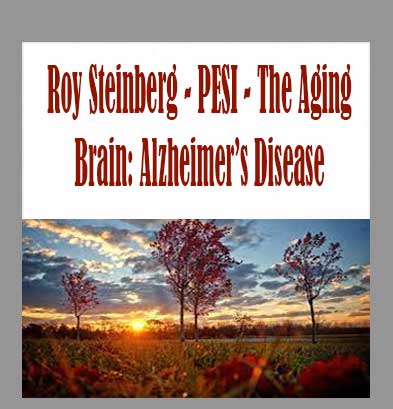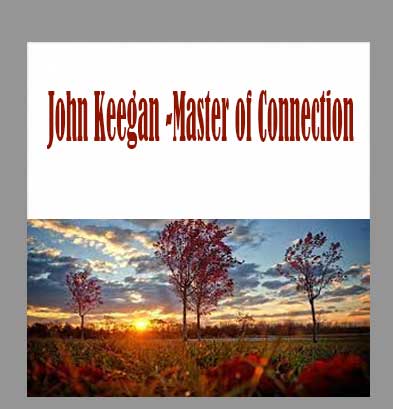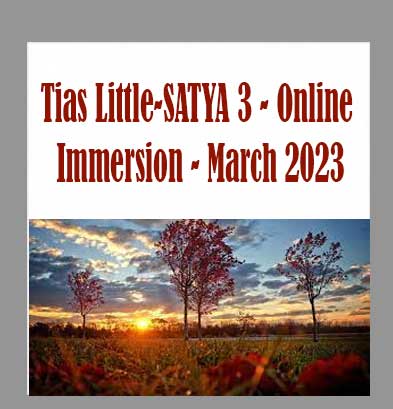Description
Roy Steinberg – PESI – The Aging Brain: Alzheimer’s Disease & Other Dementias: 2-Day Comprehensive Training Course download, Roy Steinberg – PESI – The Aging Brain: Alzheimer’s Disease & Other Dementias: 2-Day Comprehensive Training Course review, Roy Steinberg – PESI – The Aging Brain: Alzheimer’s Disease & Other Dementias: 2-Day Comprehensive Training Course free
Roy Steinberg – PESI – The Aging Brain: Alzheimer’s Disease & Other Dementias: 2-Day Comprehensive Training Course
Older adults with dementia and other mental health issues interact with a variety of professionals including nursing staff, psychologists, counselors, social workers, OTs, PTs, SLPs, home health aides, adult day center staff, and first responders. Still, many haven’t had extensive training on the complexities that make working with this population so challenging.
Without appropriate training, safety risks grow and opportunities to improve care and quality of life are missed.
This 2-day comprehensive recording is a must-have for anyone working with older adult patients facing Alzheimer’s Disease, other dementias, and mental health issues like anxiety and depression. You’ll discover how you can assess for and differentiate between different types of dementias, maximize daily functioning, better work with significant mental health issues like anxiety, depression and substance use in older patients, and safely and effectively intervene when difficult behaviors arise.
No matter your profession, you can’t afford to miss this chance to get the skills, tactics, and knowledge you need to provide the best care possible!
Speaker
Roy D. Steinberg, Ph.D.
Owner
Objectives
- Assess the impact of dementia on brain structure and function.
- Determine the difference between “normal forgetfulness” and cognitive impairment.
- Discriminate Alzheimer’s Disease from other dementias by identifying manifestations of each type.
- Articulate the differences between the Folstein Mini-Mental Status examination, SLUMS and MOCA as screening measuring tools for cognitive impairment and dementia.
- Communicate how difficult questions from family members can be answered with confidence and sensitivity.
- Establish how clinicians can effectively intervene in delusions, resisting care and combativeness.
- Articulate how clinical interventions can be adapted to provide patients with individualized care and promote more effective participation in therapy.
- Correlate patients’ strengths and limitations to potential therapeutic approaches for older adults.
- Specify how professionals can work in partnership with families to improve care.
- Investigate the concept of caregiver guilt and its implications for the client, clinicians, and those caring for older adults with dementia.
- Explore how end of life and elder abuse issues inform decisions regarding patient responsibility and documentation.
- Characterize how to differentiate dementia from depression despite similar clinical manifestations.
Outline
DAY ONE
Brain Topography, Function, and “Normal Aging”
- Temporal Lobe
- Frontal Lobe
- Parietal Lobe
- Occipital Lobe
- Impact of dementia on brain structure and functioning
- How we view the patient – compassion and sensitivity in your work
Cognitive Disorder and “Forgetfulness”
- “Normal aging” and ageism
- Transient Cognitive Decline
- Pre-cursor to dementia
- Mild Neuro-Cognitive Disorder
Clearly Understand Diagnosis for Alzheimer’s Disease and Differentiate it from Other Dementias
- Alzheimer’s
- Vascular
- Parkinson’s
- Lewy Body
- Frontotemporal
- Potentially reversible conditions
- Wernicke-Korsakoff
Easy-to-Use Cognitive Assessment Tools
- Mini-Mental State Examination
- SLUMS
- Clinical applications
- Administration and scoring
- Objective and subjective interpretation
The Latest Medications and Preventative Treatments
- Current medications
- Early and Mid-stage Alzheimer’s
- Mid and Late-stage Alzheimer’s
- Preventative treatments
- Alternate interventions
DAY TWO
Mental Health Evaluation
- Depression
Major Depression
Persistent Depressive Disorder
Adjustment Disorder
Grief - Anxiety
- Schizophrenia
- Bipolar Disorder
- Alcohol Abuse
- Differentiate dementia and depression
Practical applications
Mental Health Interventions
- Therapy modalities
- Cognitive-Behavioral Therapy
- Music Therapy
- Art Therapy
- Pet Therapy
- Garden Therapy
Difficult Behaviors Related to Dementia: Triggers and Effective Intervention Techniques
- Goals and general concepts
- Individualizing care – strengths and limitations
- Depression
- Delusions and hallucinations
- Potential causes and complications
- Agitation/restlessness – triggers and care planning
- Activities of Daily Living – structure and engagement strategies
- Tactics for verbal and physical combativeness
- Elopement – reduce risks and action steps
- Adapting as the disease progresses
Sexual Intimacy in the Elderly
- Sexual manifestations and expression
- Dementia and marital sex
- Assessment tools for ability to consent
- Sexual expressiveness and interventions for dignity
Working with Caregivers: Family as Members of the Care Team
- The most common questions from family
- Family dynamics
- Normalizing change
- Anticipatory grief counseling
- Caregiver self-assessment scale
- Caregiver stress, depression and guilt – coping mechanisms
- Coping for the clinician
Ethics
- End of life issues
- Responsibility to patient
- Power of Attorney
- Caregiver stress, depression and guilt – coping mechanisms
- Documentation
Target Audience
- Social Workers
- Nurses
- Speech-Language Pathologists
- Psychologists
- Counselors
- Nursing Home Administrators
- Assisted Living Facility Administrators
- Case Managers
- Long Term/Acute Care Professionals
- Physical Therapists
- Occupational Therapists
- Marriage and Family Therapists
Frequently Asked Questions:
- Innovative Business Model:
- Embrace the reality of a genuine business! Our approach involves forming a group buy, where we collectively share the costs among members. Using these funds, we purchase sought-after courses from sale pages and make them accessible to individuals facing financial constraints. Despite potential reservations from the authors, our customers appreciate the affordability and accessibility we provide.
- The Legal Landscape: Yes and No:
- The legality of our operations falls into a gray area. While we lack explicit approval from the course authors for resale, there’s a technicality at play. When procuring the course, the author didn’t specify any restrictions on resale. This legal nuance presents both an opportunity for us and a boon for those seeking budget-friendly access.
- Quality Assurance: Unveiling the Real Deal:
- Delving into the heart of the matter – quality. Acquiring the course directly from the sale page ensures that all documents and materials are identical to those obtained through conventional means. However, our differentiator lies in going beyond personal study; we take an extra step by reselling. It’s important to note that we are not the official course providers, meaning certain premium services aren’t included in our package:
- No coaching calls or scheduled sessions with the author.
- No access to the author’s private Facebook group or web portal.
- No entry to the author’s exclusive membership forum.
- No direct email support from the author or their team.
We operate independently, aiming to bridge the affordability gap without the additional services offered by official course channels. Your understanding of our unique approach is greatly appreciated.
- Delving into the heart of the matter – quality. Acquiring the course directly from the sale page ensures that all documents and materials are identical to those obtained through conventional means. However, our differentiator lies in going beyond personal study; we take an extra step by reselling. It’s important to note that we are not the official course providers, meaning certain premium services aren’t included in our package:
Refund is acceptable:
- Firstly, item is not as explained
- Secondly, Item do not work the way it should.
- Thirdly, and most importantly, support extension can not be used.
Thank you for choosing us! We’re so happy that you feel comfortable enough with us to forward your business here.








Reviews
There are no reviews yet.